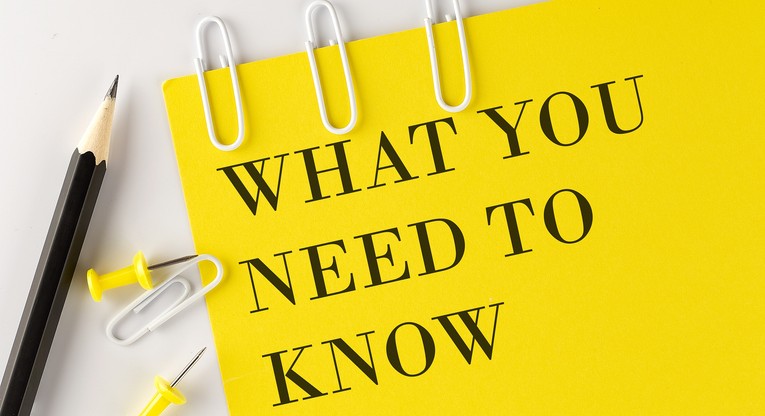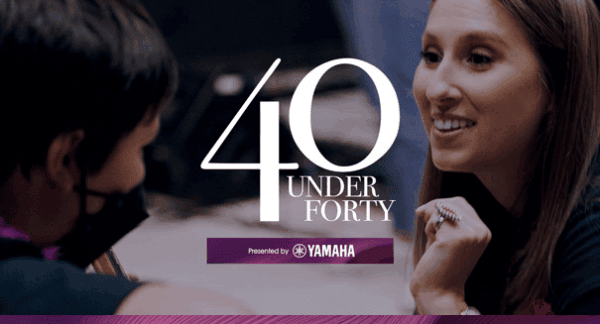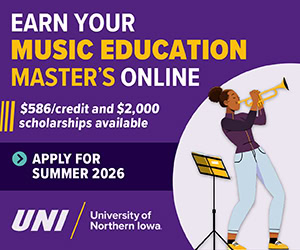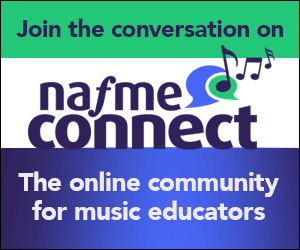/ News Posts / Vital Tips for First-Year Music Educators
Vital Tips for First-Year Music Educators
Four Music Teachers Share Their Thoughts
This blog is sponsored by NAfME Corporate Member Yamaha Corporation of America.
In 2020, we launched the “40 Under 40” campaign to celebrate innovative and impactful music teachers under 40 who are doing extraordinary things in their classrooms. We’re excited to announce that nominations for the 2026 class are now being accepted!
Music educators at every level can be nominated by anyone whose life they’ve inspired, including parents, fellow teachers, administrators, or mentors. Nominations will be accepted from October 1 to November 1, 2025. Please see the nomination form for more details.
To get you inspired, we’re sharing essential tips for new music teachers from our 2025 “40 Under 40” educators. Take note of their advice as you begin connecting with your students and establishing your own program!
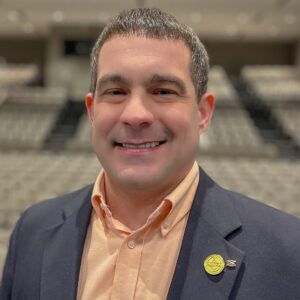 Dr. Gene Butler, Director of Bands at Smith Station High School in Alabama, is passionate about helping and supporting new music educators. He says:
Dr. Gene Butler, Director of Bands at Smith Station High School in Alabama, is passionate about helping and supporting new music educators. He says:
Tip 1: Relationships are the most important because they form the foundation for a positive and productive music program.
Tip 2: Be the best advocate for your students and program.
Tip 3: Organizational skills are vital because they help ensure that lessons, rehearsals, events, and administrative tasks are executed efficiently and effectively.
Tip 4: Student leadership matters all year because it fosters a sense of responsibility, accountability and teamwork that extends beyond just rehearsal time.
Tip 5: Prioritize your personal time outside of school hours and maintain a healthy work-life balance. Being a music educator is demanding and can be all-consuming, so it’s important to recharge mentally, emotionally, and physically to avoid burnout.
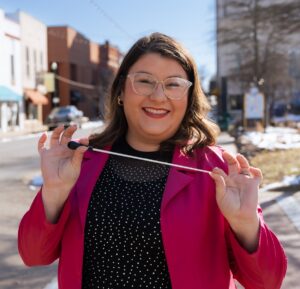 Kim Webb, Director of Bands at Greene County Tech School District in Arkansas, offers these tips:
Kim Webb, Director of Bands at Greene County Tech School District in Arkansas, offers these tips:
Tip 1: Don’t quit. It’s hard, but it’s hard because the work we do is important. It will get better, but that first year, it will feel like you’re drowning.
Tip 2: Your students are people. Treat them like people. Have conversations with them. Laugh with them. Give them grace. You don’t have to be serious all the time.
Tip 3: Reach out to other band directors. If they are good educators, they will want to help you!! Visit their classes. Have them visit yours. Get feedback—and not just from a principal. If you don’t think your band is “ready” to have a clinician out, have them out anyway. That’s the best time to get feedback.
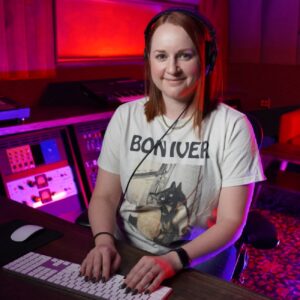 Erin Barra, the Executive Director of We Make Noise and the Assistant Professor and Director of the Popular Music Program at Arizona State University, recommends:
Erin Barra, the Executive Director of We Make Noise and the Assistant Professor and Director of the Popular Music Program at Arizona State University, recommends:
Tip 1: Be as organized as possible!!!
Tip 2: Don’t be afraid to say, “I don’t know.” No one knows everything, and it’s good to model to your students that learning is a lifelong adventure.
Tip 3: Hang in there—the first year is the hardest and things get easier, I promise!!
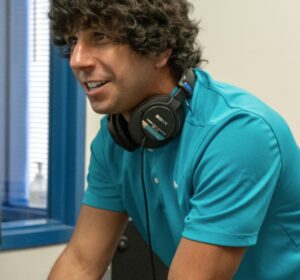 Nicholas Popovich, Music Technology Teacher at Shadow Mountain High School in Arizona, says:
Nicholas Popovich, Music Technology Teacher at Shadow Mountain High School in Arizona, says:
Tip 1: Embrace flexibility and continuous learning. Education and music industries constantly evolve, so stay adaptable, open to new approaches and techniques. Encourage a growth mindset and be willing to explore new technologies alongside students. Foster a collaborative, innovative environment.
Tip 2: Focus on project-based learning. Design curriculum around hands-on, collaborative experiences. Students must create original music, experience real-world projects and engage peer-to-peer across disciplines. Build technical skills while enhancing creativity, critical thinking and problem-solving abilities.
Tip 3: Build relationships and connections. Establish a supportive environment by meaningfully connecting with students. Forge partnerships with organizations, professionals, and institutions. Provide real-world experiences, networking opportunities and broader perspectives or pathways.
Click here to read all the essential tips from our 2025 “40 Under 40” educators.
You can also join our biweekly educator newsletter to receive a round-up of our latest music education articles and programs! Simply click here to register.
Did this blog spur new ideas for your music program? Share them on Connect! Interested in reprinting this article? Please review the reprint guidelines.
The National Association for Music Education (NAfME) provides a number of forums for the sharing of information and opinion, including blogs and postings on our website, articles and columns in our magazines and journals, and postings to our Connect member portal. Unless specifically noted, the views expressed in these media do not necessarily represent the policy or views of the Association, its officers, or its employees.
Published Date
October 2, 2025
Category
- Careers
- Classroom Management
- Program Development
- Scheduling
- Teacher Self Care
Copyright
October 2, 2025. © National Association for Music Education (NAfME.org)
